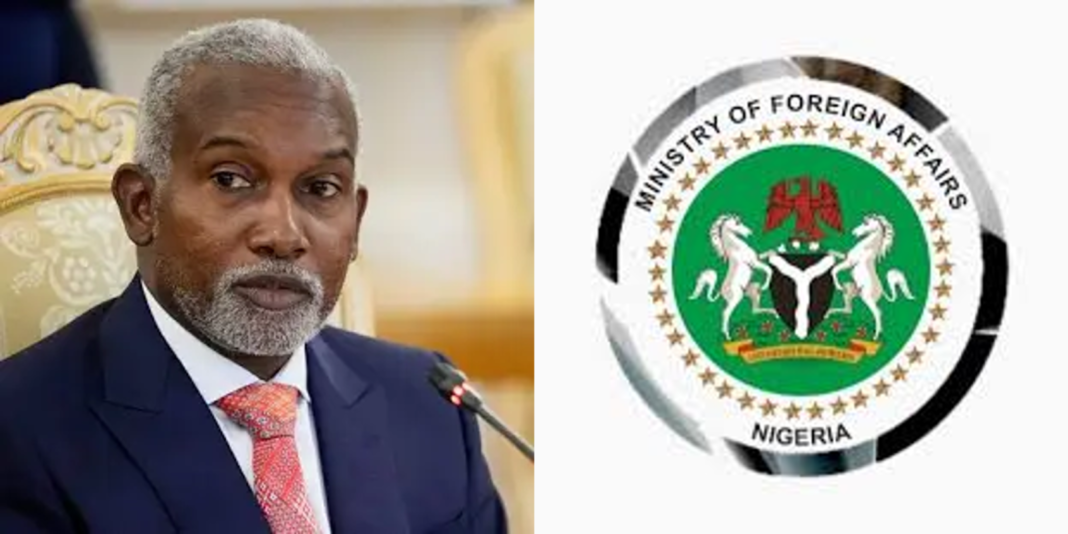Thousands of Nigerians are reportedly being barred from securing transit or tourist visas to the United Arab Emirates (UAE) due to an unverified yet widely enforced requirement: maintaining a minimum monthly bank balance of $10,000 for six consecutive months, totalling $60,000. Yet, Nigeria’s Ministry of Foreign Affairs has remained unresponsive, offering no public clarification, guidance, or diplomatic intervention.
While UAE authorities have denied implementing such financial requirements, pointing instead to standard criteria such as a passport, a photo, travel insurance, and a return ticket, travel agents and visa processing intermediaries continue to demand them. Applicants are also being asked to pay a non-refundable processing fee of ₦640,000 (approx. $1,500), further compounding the burden.
These practices appear to be selectively applied. There is no indication that other West African nationals, including Ghanaians or Côte d’Ivoire, face the same restrictions, raising serious concerns that Nigerians are being deliberately singled out and financially profiled.
Many Nigerians have called it a “constructive travel ban,” effectively shutting out Nigerians under the guise of bureaucratic procedure. Despite growing public outrage, online outcry, and mounting pressure, Nigeria’s Foreign Ministry has not issued a statement, engaged UAE counterparts, or offered support to affected citizens.
This silence has drawn heavy criticism from citizens who view the Ministry’s inaction as a dereliction of duty. In a time when diplomatic representation is urgently needed, the absence of a strong response has left Nigerians vulnerable, frustrated, and excluded from legitimate international travel.
Without official intervention, many applicants are being turned away or driven into the hands of third-party agents and unofficial networks that charge even higher fees. The lack of transparency and protection has created a climate of uncertainty, making even routine travel inaccessible for average Nigerians.
As the situation continues, many argue that the Ministry must do more than remain a passive observer. It must act decisively to challenge these discriminatory barriers and advocate for equal treatment of Nigerian citizens abroad.

